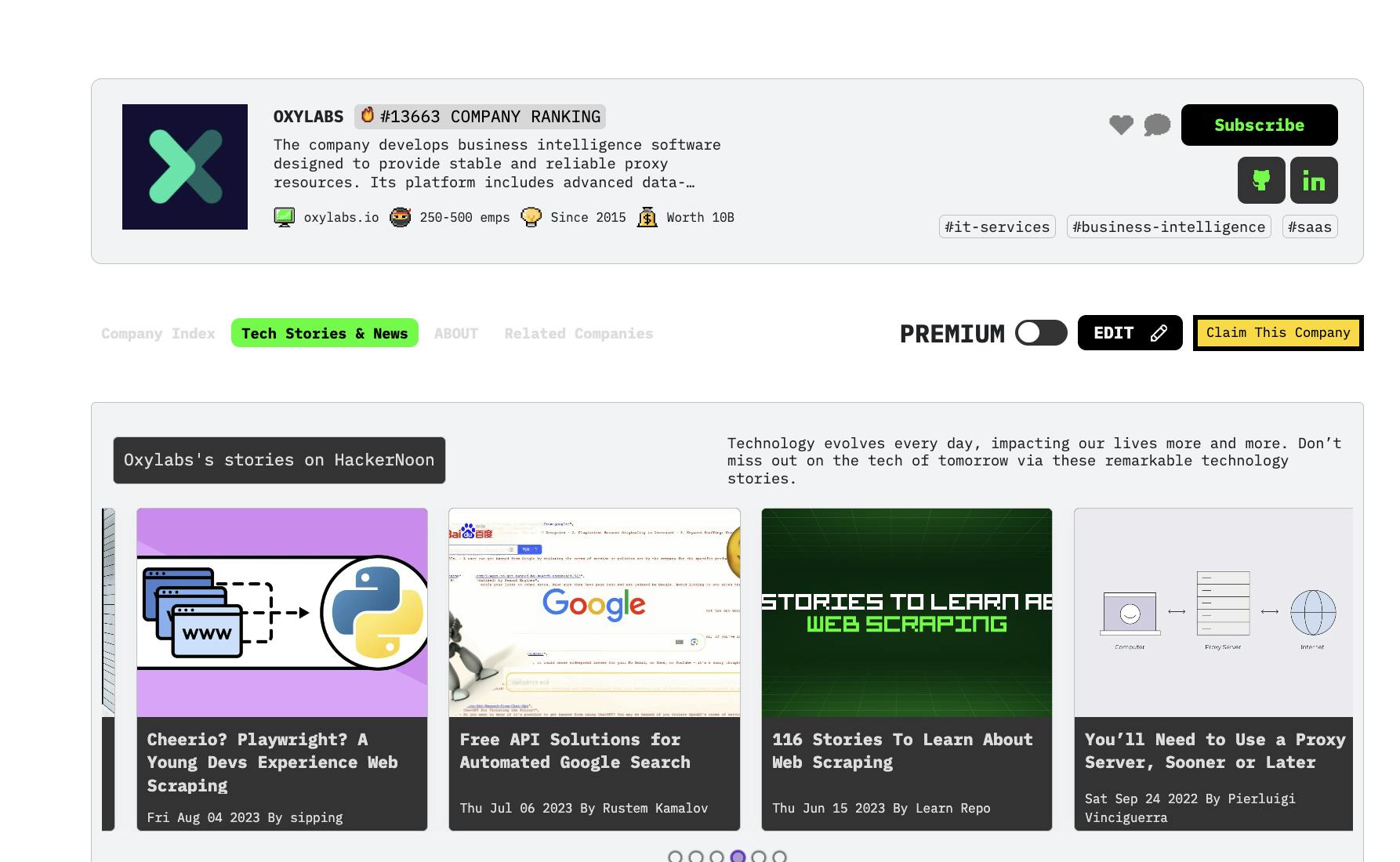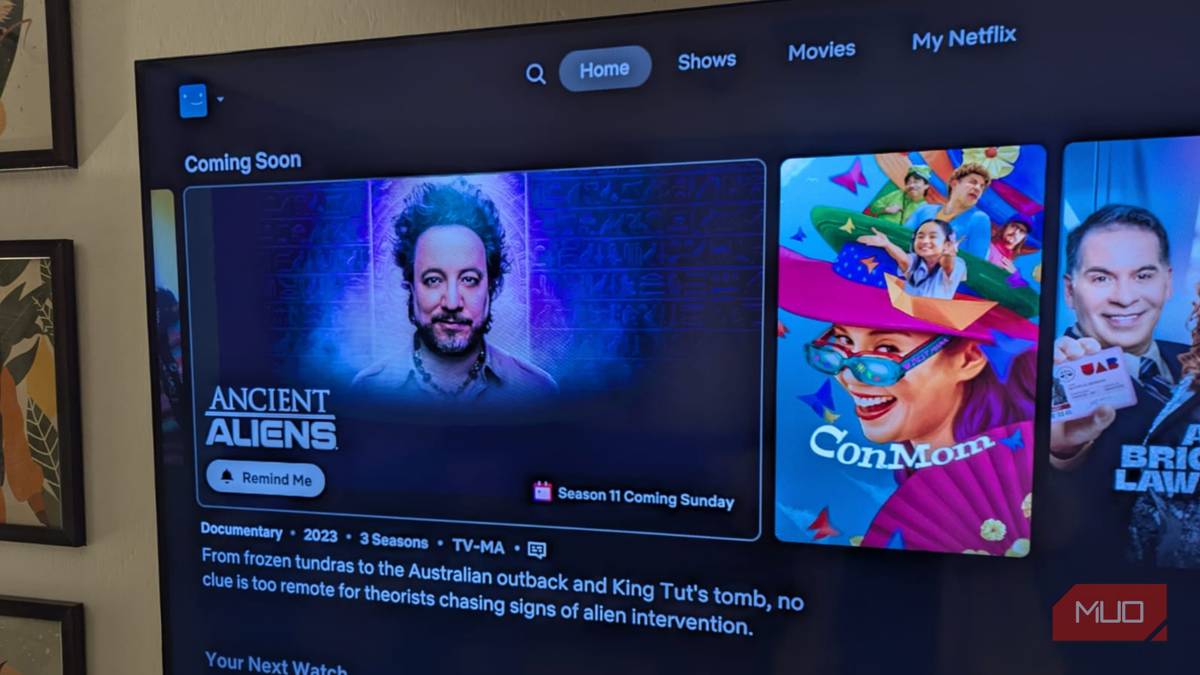Google made the case Monday to a Virginia judge that it should be permitted to hold on to several key portions of its advertising technology ecosystem, just weeks after avoiding a breakup of its online search business.
The tech giant is in court yet again, as the Department of Justice (DOJ) argues the company should be required to divest its AdX exchange business and conduct a “phased” divestiture of its publisher ad network, DoubleClick for Publishers (DFP).
U.S. District Judge Leonie Brinkema ruled in April that Google had illegally acquired and maintained a monopoly over the technology used to connect publishers and advertisers online, just six months after the firm lost a separate antitrust case over search.
Google’s lead attorney, Karen Dunn, argued in opening arguments Monday that the government’s proposed remedies in the ad tech case ignore the need for a tailored solution.
“[They] swing for the fences with no regard for what technology they will break and businesses they will harm,” Dunn told the judge.
Brinkema found earlier this year that Google had a monopoly over two separate markets in the ad tech space, the publisher market and the ad exchange market.
By tying its products together, the company made access to its vast ad demand contingent on the use of its other products, shutting out rivals and violating antitrust law, the judge determined.
The DOJ has proposed a complete divestiture of Google’s ad exchange, AdX. It is also seeking a partial divestiture of the company’s publisher ad business, DFP, calling for it to separate and open source the code used to determine winning bids and prices. If necessary, the government could later seek a full divestment of DFP.
Julia Tarver Wood, the DOJ’s lead attorney, argued Monday that “nothing short of structural change” would be sufficient to address Google’s monopoly power.
However, she sought to frame the government’s proposal as a restrained approach, emphasizing that it only seeks a divestiture of the company’s ad exchange with regard to ads displayed on websites. It would not extend to other domains, such as in-app ads.
Meanwhile, Google has sought more limited remedies. Under its proposal, the tech giant would open up its ad exchange to non-Google publisher networks and allow publishers to export their data to rivals.
Dunn emphasized this is “not a situation where Google has had a knee-jerk reaction,” suggesting the company has “gone as far as it possibly can without breaking” the technology.
She also argued that U.S. District Judge Amit Mehta’s decision earlier this month weighs in the company’s favor.
Mehta ruled in early September that Google would not be forced to sell off its Chrome browser after finding the company had an illegal monopoly over online search, with the judge deeming a divestiture to be a “poor fit for this case.”
Instead, the tech giant was barred from entering into exclusive agreements to prioritize its search engine, browser or artificial intelligence (AI) chatbot, while facing new requirements to share certain search index and user data with competitors.
The decision marked a much-needed win for Google after losing two antitrust cases within months of each other. However, the company struck a reserved tone following the ruling, underscoring that it still disagrees with the court’s underlying monopoly finding in the case.









